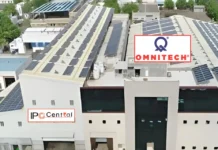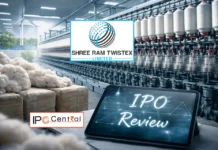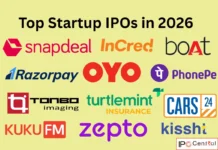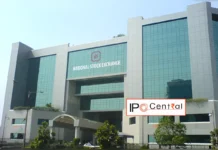Last Updated on February 1, 2019 by Anurag Gupta
Capital market regulator SEBI has issued observations to the draft prospectuses filed by Stove Kraft and Polycab. SEBI observations amount to regulatory clearances which are valid for 12 months. Stove Kraft filed its draft prospectuse in September 2018 while Polycab followed in the next month. The IPOs of both companies were cleared by SEBI last week even as a weak IPO market continues to weight heavily.
Karnataka-based Stove Kraft is promoted by Rajendra Gandhi and Sunita Rajendra Gandhi and has private equity firm Sequoia as its primary backer. The kitchen appliances company is known for popular brands such as Pigeon and Gilma. The company’s IPO will involve sale of fresh shares while Sequoia also plans to pare its stake. IPO proceeds from selling new shares will be used for paying debt and for other general corporate purposes.
New Delhi-based Polycab is a manufacturer of wires and cables and fast moving electrical goods (FMEG). Promoted by Jaisinghani family, the company’s IPO will offer an exit route for International Finance Corporation (IFC) which currently holds 15% equity stake in the company. Proceeds from sale of fresh shares will be used to repay debt to the tune of INR100 crore (INR1 billion), to augment working capital by INR300 crore and general corporate purposes.
Read Also: Polycab IPO Analysis: Should you subscribe?
Weak IPO market weighs heavily
With the latest approvals in place, there are as many as 62 companies with regulatory go-aheads to launch IPOs. This is an abnormally high number for IPO pipeline and several of these companies are likely to decide against launching their IPOs in a weak market. Earlier this month, the validity of SEBI observation lapsed for Barbeque Nation Hospitality. Similar fate is feared for Indian Renewable Energy Development Agency (IREDA), Patel Infrastructure, and Krishna Institute of Medical Sciences. The 12 month window to launch public offers for these companies is coming to an end in Q1 2019. Here is a more refined list of upcoming IPOs in 2019. These companies have more likelihood of launching their IPOs.
Apart from the volatility in the secondary market resulting in weak sentiments, stretched pricing by promoters and investment bankers is to be blamed for the poor performance of IPOs lately. In the last seven months, only nine mainboard IPOs have been launched. In this timeframe, no IPO except HDFC Asset Management Company rewarded investors with double-digit gains on listing.
































